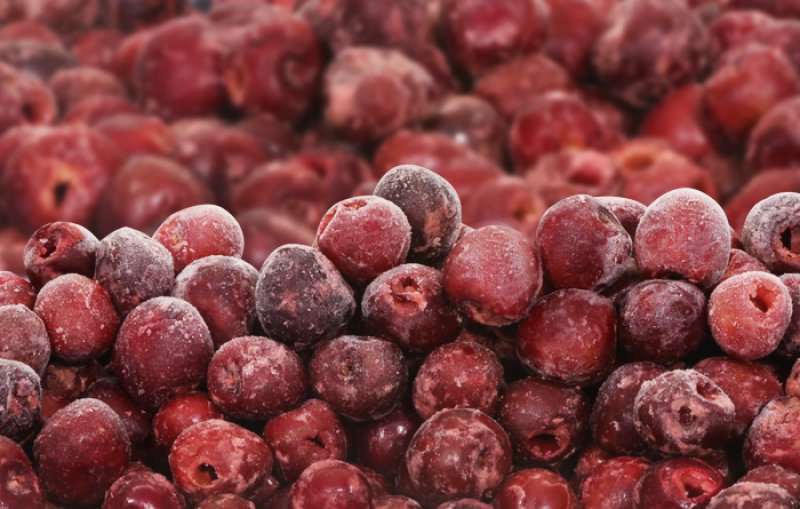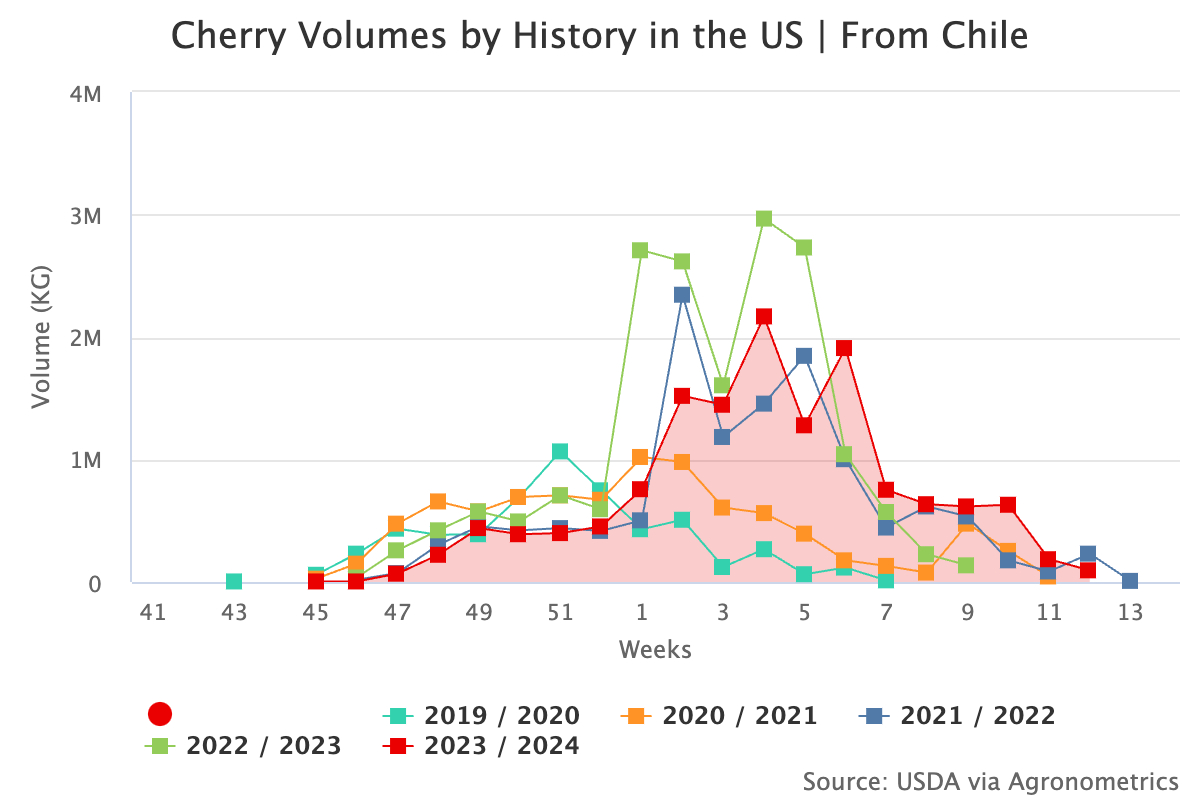One of the most common methods of food preservation is freezing, which has been a commercial choice for preserving food for over 140 years. Low temperatures prevent microbial growth, slow down enzyme activity, and maintain the original flavour and nutritional components. During the freezing process, however, cells may be damaged by the formation of large ice crystals.
To overcome this problem, cryoprotectants are normally applied to protect the tissue. Synthetic cryoprotectants, mainly used in industrial applications, cause concern among consumers due to their toxic effect. In contrast, cryoprotectants with high molecular weight and minimal cell permeability have proven to be more practical.
Recent research indicates that nanocelluloses can help preserve the structure of frozen products, thus ensuring that quality parameters are maintained during storage. Systematic investigation of the combined effect of various freezing rates and the use of cryoprotectants is necessary to effectively address quality issues in freezing technology.
The study conducted at Aydın Adnan Menderes University (Turkey), sought to analyze the combined effects of three different freezing methods and the use of a type of cryoprotective nanocellulose on the quality characteristics of sour cherries during storage.
A local producer from the Aydın area (Turkey) provided fresh sour cherries (Prunus cerasus L. var. Kutahya) harvested in July 2022 with exceptional organoleptic quality. Using vacuum impregnation, nanocellulose generated from the pistachio hull was integrated into the sour cherries. The cryoprotective properties of nanocellulose were evaluated using three different freezing methods: static, air-blast and individual quick freezing (IQF).

The use of nanocellulose made it possible to preserve the colour and bioactive properties of the fruits, as well as to reduce liquid and ion loss during cryogenic storage. The firmness values of samples frozen with the air-blast method were higher during the storage process.
The IQF method and the addition of cryoprotectants resulted in a greater increase in the enzymatic activity of the enzyme pectin methylesterase. Water loss during thawing was negatively correlated with ion loss, hardness, colour difference, water activity and antioxidant capacity, as indicated by Pearson correlation analyses.
pH and antioxidant capacity were the only analyses that did not show a significant correlation with ion loss. The results suggest that nanocellulose could be a viable method to reduce quality losses in frozen food. This investigation demonstrated correlations between dependent parameters and changes in quality parameters of sour cherries following different freezing methods, cryoprotectant additions and storage periods.
Further research should be conducted to examine the effectiveness of nano-sized cryoprotectants on a variety of frozen plant tissues. However, the quality of frozen sour cherries was significantly improved by the dual effect of adding cryoprotectants and innovative freezing methods, indicating that the food industry has promising prospects.
Source: Gençdağ, E., Görgüç, A. & Yılmaz, F.M. Nanocellulose as a Novel Cryoprotectant to Improve the Quality of Frozen Sour Cherries. Food Bioprocess Technol (2024). https://doi.org/10.1007/s11947-024-03404-1.
Image: IQF
Melissa Venturi
University of Bologna (IT)
Cherry Times - All rights reserved











